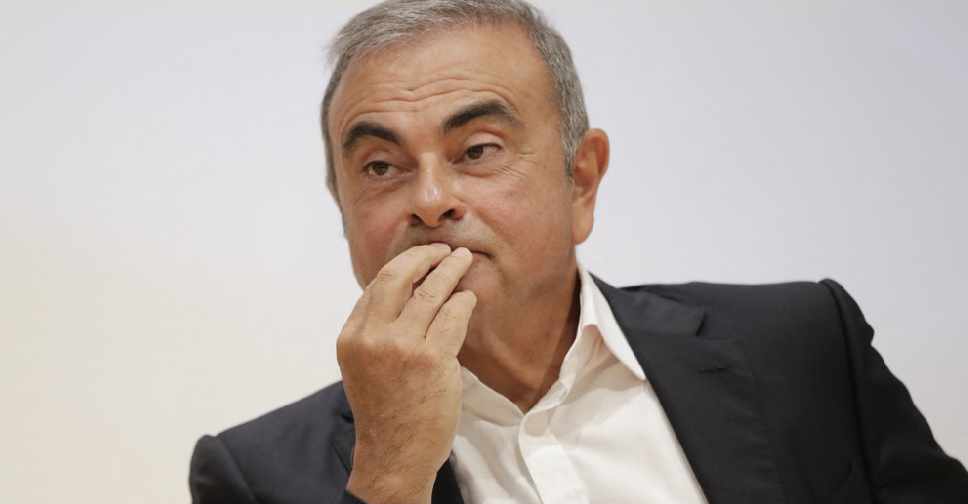
An American father and son accused of helping former Nissan Motor Co Ltd Chairman Carlos Ghosn flee Japan will be handed over to authorities in the country.
The development followed a month-long battle by lawyers for US Army Special Forces veteran Michael Taylor and his son, Peter Taylor, to avoid being sent to Japan to faces charges for helping Ghosn escape the country.
The US Supreme Court last month cleared the way for the extradition of the Taylors, who have been in US custody since their arrest in May.
"This is a sad day for the family, and for all who believe that veterans deserve better treatment from their own country," Paul Kelly, their lawyer, said in a statement.
The US Justice Department and the US State Department declined to comment. The Tokyo District Public Prosecutors Office, which will handle the case, also declined to comment.
The two men will not be indicted immediately, but will likely faces charges once an investigation, which will start when they arrive in Japan, is concluded.
Japanese prosecutors have declined to say where the pair will be detained. One potential location is the Tokyo Detention House, the city's main jail where Ghosn was held after his arrest.
The Taylors are alleged to have helped Ghosn flee Japan on December 29, 2019, hidden in a box and on a private jet before reaching his childhood home, Lebanon, which has no extradition treaty with Japan.
Ghosn was awaiting trial on charges that he had engaged in financial wrongdoing, including by understating his compensation in Nissan's financial statements and enriching himself at his employer's expense through payments to car dealerships. Ghosn denies wrongdoing.
Prosecutors said the elder Taylor, a 60-year-old private security specialist, and Peter Taylor, 27, received $1.3 million for their services.
The Taylors, with the aid of a collection of high-powered lawyers and lobbyists, for months waged a campaign to press their case against extradition in the courts, media, State Department and White House.
The Taylors' lawyers argued that their clients could not be prosecuted in Japan for helping someone "bail jump" and that, if extradited, they faced the prospect of relentless interrogations and torture.
Under Japanese law, suspects can be held for up to 20 days before being charged or released, and are not allowed to have their lawyers present during questioning by prosecutors. Once charged, defendants are often refused bail by courts.




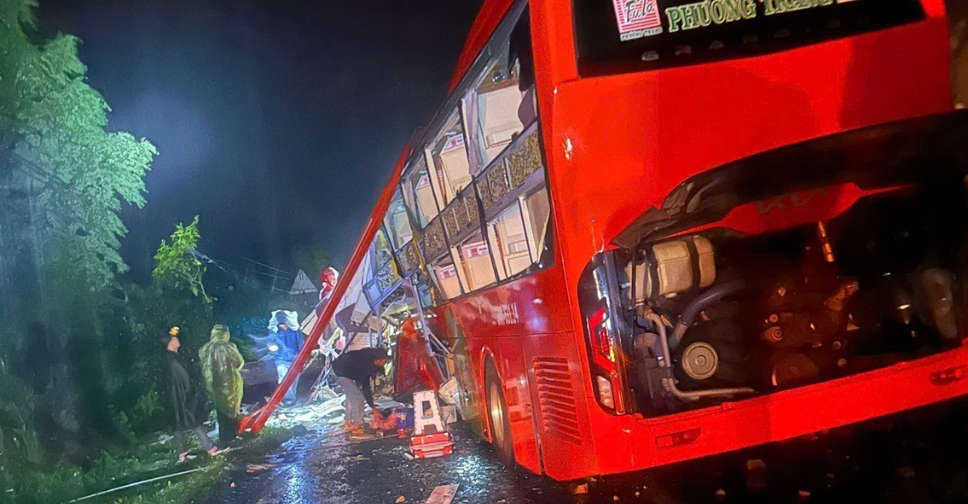 Landslide kills 6 bus passengers in central Vietnam
Landslide kills 6 bus passengers in central Vietnam
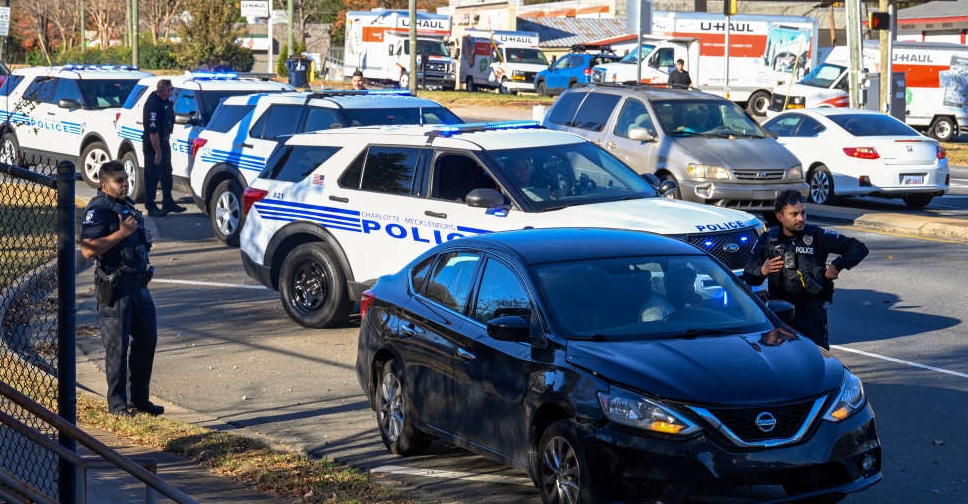 US Border Patrol arrests 81 on first day of Charlotte immigration crackdown
US Border Patrol arrests 81 on first day of Charlotte immigration crackdown
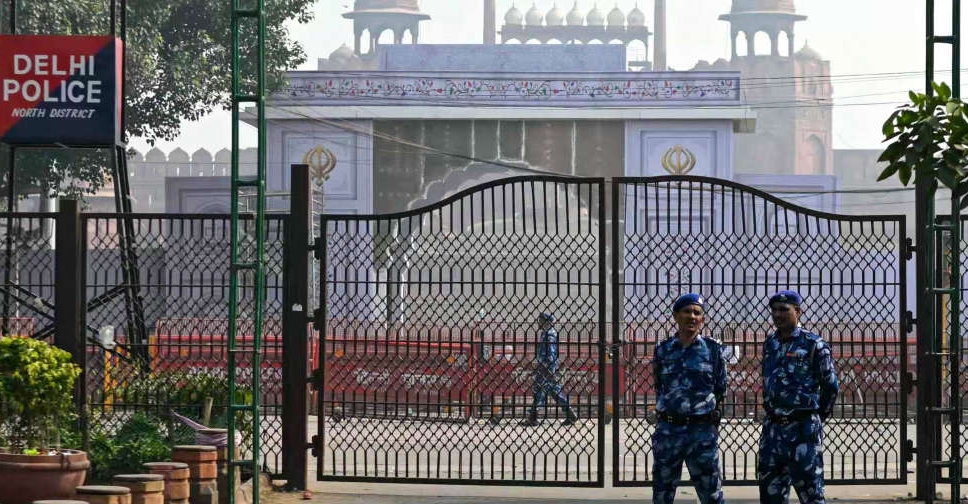 India arrests Kashmir resident over deadly Delhi car blast
India arrests Kashmir resident over deadly Delhi car blast
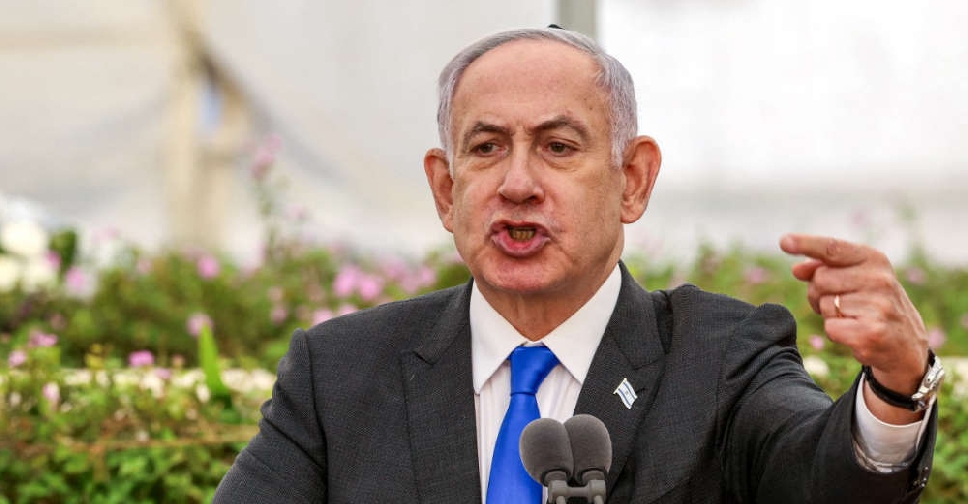 Netanyahu faces far-right backlash after US-backed statement on Palestinian state
Netanyahu faces far-right backlash after US-backed statement on Palestinian state



